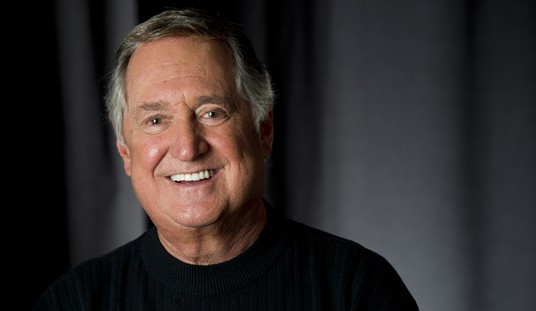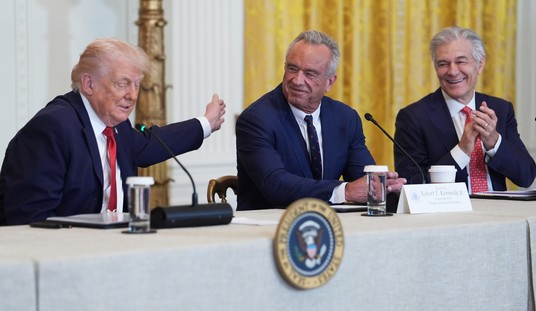Donald Trump challenged Hillary Clinton to a detailed medical records duel. Of Course The Donald did so in a tweet:
I think that both candidates, Crooked Hillary and myself, should release detailed medical records. I have no problem in doing so! Hillary?
— Donald J. Trump (@realDonaldTrump) August 28, 2016
This is actually a rational way to address the health concerns that have been raised about both Hillary and The Donald. It has the advantage of actually addressing concern about the candidates’ health while avoiding the so-called conspiracy theory rebuttal.
We know very little about the two candidates health. Clinton’s doctor, Lisa Bardack, the chair of internal medicine at Mount Kisco Medical Group, has said, Hillary “is in excellent physical condition and fit to serve as President of the United States.” Similarly Trump’s doctor, Harold Bornstein, gave a glowing assessment of Trump’s health in December, but he recently told NBC News that he wrote his letter in five minutes and purposely imitated the candidate’s rhetorical style.
On Sunday’s edition of “Face the Nation,” former presidential candidate and retired pediatric neurosurgeon Ben Carson told CBS’ John Dickerson that both Hillary Trump should address concerns about their health by releasing their medical records before voting begins:
DICKERSON: Let me ask you a last question based on your medical expertise. You mentioned that both candidates should release their medical records. As a doctor, what do you make of some people and other doctors diagnosing candidates, kind of on television and from the sidelines? Is that something that should be done?
CARSON: Well, of course not. You know, we — we like to use real data. But I think one of the ways to eliminate that kind of speculation is for both candidates to release their medical records. You know, as people get older, a lot of things begin to go wrong with their bodies. And I think the American people have a right to know, because we’re dealing with two older candidates, what their health status is because it’s a very intense job. It’s not, you know, eight hours a day. It’s 24/7 with constant stress. We need to know that we have a leader who can withstand that.
DICKERSON: Have you made that case privately to Mr. Trump, who you’re in communication with?
CARSON: I have talked to him about the health records and the health concerns this week. I think he’s perfectly willing to release that information as long as she releases hers as well
The age of both candidates is a legitimate concern. We have reported about age-related cognitive impairment before. Hillary and The Donald would both be among the oldest ever to become President. Clinton is the younger of the two. She would be 69 when sworn in. Trump would be 70, the same age as Ronald Reagan when he became president. Michael Tortorello reports that science says brain function often declines noticeably at that age:
As it happens, the field of neuroscience has studied closely the trajectory of cognitive aging, and there is a fair amount of agreement about how our cognitive abilities—memory, learning, attention, reasoning—decline as we get older. Research shows that the decline, if it were a ski slope, would appear fairly flat until the age of 50 or 60. For the next decade or two, it would look like a bunny hill. Then somewhere around age 70, the slope would drop off like a black diamond run. Then a cliff. All three of those leading candidates [Bernie Sanders, Hillary Clinton and Donald Trump] are approaching, at least statistically speaking, the downhill-race-course portion of that decline.
[. . .]
“I think we should be thinking seriously about this issue,” said Mark Fisher, a professor of neurology and political science at the University of California. In a paper published last year, Fisher writes, “we should probably assume that a significant proportion of political leaders over the age of 65 have impairment of executive function.” These are the complex cognitive processes that guide “normal decision-making.” The onset of these changes can be sudden, as in a stroke, or slower, as a result of microbleeds or routine, age-related changes to brain structure.
I agree with professor Fisher. We should think seriously about this issue.














Join the conversation as a VIP Member